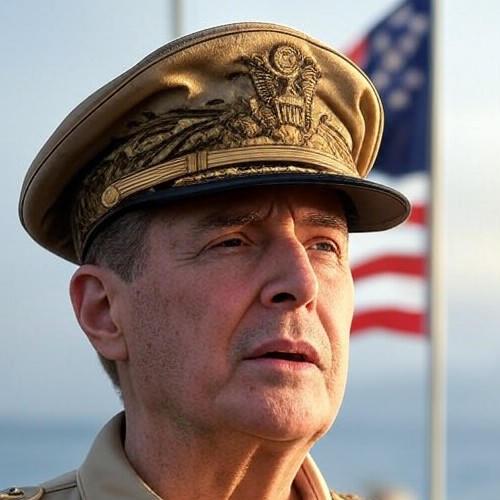On September 2, 1945, the surrender of Japan aboard the USS Missouri marked the end of World War II. This historic day followed nearly four years of intense conflict, which had begun with the surprise attack on Pearl Harbor on December 7, 1941. By the summer of 1945, U.S. forces had triumphed on many fronts, notably at Okinawa, and stood poised to invade the Japanese home islands of Kyushu and Honshu. Faced with the prospect of a costly invasion, President Harry Truman made the pivotal decision to deploy atomic bombs on Hiroshima and, shortly thereafter, on Nagasaki.
The result of these bombings was the unconditional surrender of Japan on August 14, 1945. General Douglas MacArthur, who had previously vowed to return to the Philippines after being forced out, was appointed as the Supreme Allied Commander responsible for overseeing the surrender ceremony. On that fateful day, MacArthur strode onto the scene in Tokyo Harbor as the 1,000 sailors aboard the USS Missouri stood at attention. In his opening remarks, he declared, “Today the guns are silent. A great tragedy has ended. A great victory has been won.”
MacArthur’s words resonated deeply, not just in the moment but for generations to follow. The ceremony lasted about 25 minutes and included representatives from the major Allied powers such as Great Britain, Russia, France, China, and Australia. After signing the surrender document, MacArthur stepped back to the microphone, signifying the occasion’s gravity. “Let us pray that peace be now restored to the world,” he stated solemnly.
As if the heavens had chosen to respond to his words, the overcast skies parted, allowing the sun to shine down. In a remarkable display, 400 B-29 bombers and 1,500 fighter planes flew overhead in formation, marking a powerful visual punctuation to the surrender. This event was not just a military victory, but a moment that encapsulated the end of a dark era.
MacArthur, in a subsequent radio broadcast to the American public, sought to highlight the significance of the victory. “Today, the guns are silent,” he stated. “The entire world lies quietly at peace. The holy mission is completed.” Reflecting on the brutal path that had led to this moment, he noted the early losses experienced by American forces on Bataan and Corregidor and thanked God for the strength and courage that had led to their eventual triumph.
Furthermore, he communicated a profound concern about the future. He warned, “If we do not devise some greater and more equitable system, Armageddon will be at our door.” In a world now entering the nuclear age, MacArthur emphasized that true peace could only emerge by addressing deeper spiritual and moral flaws within humanity.
In a powerful conclusion, he asserted, “Their spiritual strength and power have brought us through to victory.” He called for honor and support for the returning service members, integrating a message of faith with the recognition of sacrifice. MacArthur’s words were clear: it was the strength of character, forged in the fires of adversity, that led to American success.
This historical moment, celebrated today, serves as a reminder of the complex interplay of faith, resolve, and unity in the face of insurmountable odds. The surrender of Japan aboard the USS Missouri stands as a testament to the sacrifices made and the hope for a more peaceful future that emerged from a time of devastation.
"*" indicates required fields


